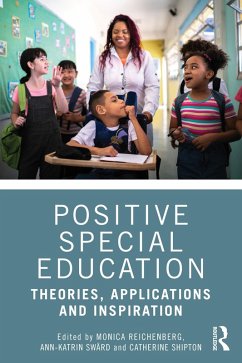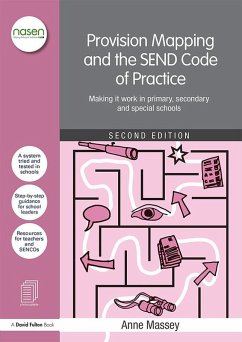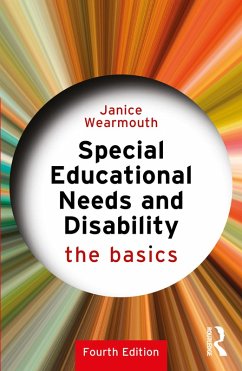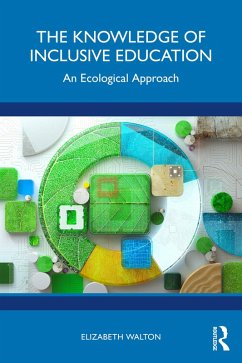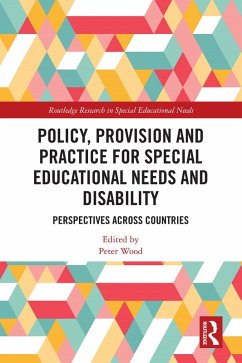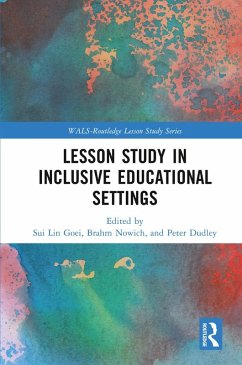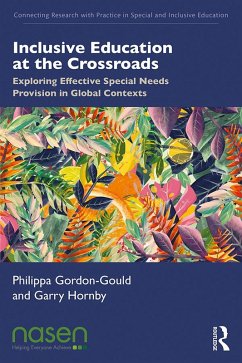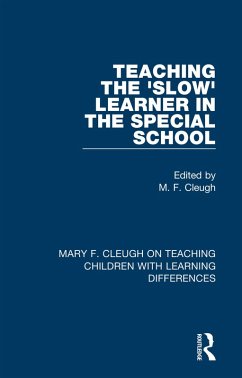
Policy, Provision and Practice for Special Educational Needs and Disability (eBook, ePUB)
Perspectives Across Countries
Redaktion: Wood, Peter
Versandkostenfrei!
Sofort per Download lieferbar
39,95 €
inkl. MwSt.
Weitere Ausgaben:

PAYBACK Punkte
20 °P sammeln!
This book showcases the diverse nature of policy, provision and practice for special educational needs and disability (SEND) across different international settings.Situated across a backdrop of varied international policies relating to inclusion, the book offers insights into the rhetoric of SEND policy and practice across a range of settings to contribute to our understanding of SEND provision. It explores the complexities, concerns and challenges experienced by staff, pupils, parents and carers in contemporary education settings. Chapters draw on empirical research and are structured around...
This book showcases the diverse nature of policy, provision and practice for special educational needs and disability (SEND) across different international settings.
Situated across a backdrop of varied international policies relating to inclusion, the book offers insights into the rhetoric of SEND policy and practice across a range of settings to contribute to our understanding of SEND provision. It explores the complexities, concerns and challenges experienced by staff, pupils, parents and carers in contemporary education settings. Chapters draw on empirical research and are structured around four parts: special education needs and disability within policy; stakeholder perceptions and experiences of SEND provision; meeting the needs of SEND children; and moving towards inclusive practice.
The volume will challenge thought, stimulate critique and provoke debate in the field of special educational needs both locally and globally and will be of interest to researchers and postgraduate students in the field of inclusive education, special needs education and comparative education.
Situated across a backdrop of varied international policies relating to inclusion, the book offers insights into the rhetoric of SEND policy and practice across a range of settings to contribute to our understanding of SEND provision. It explores the complexities, concerns and challenges experienced by staff, pupils, parents and carers in contemporary education settings. Chapters draw on empirical research and are structured around four parts: special education needs and disability within policy; stakeholder perceptions and experiences of SEND provision; meeting the needs of SEND children; and moving towards inclusive practice.
The volume will challenge thought, stimulate critique and provoke debate in the field of special educational needs both locally and globally and will be of interest to researchers and postgraduate students in the field of inclusive education, special needs education and comparative education.
Dieser Download kann aus rechtlichen Gründen nur mit Rechnungsadresse in A, B, BG, CY, CZ, D, DK, EW, E, FIN, F, GR, HR, H, IRL, I, LT, L, LR, M, NL, PL, P, R, S, SLO, SK ausgeliefert werden.




